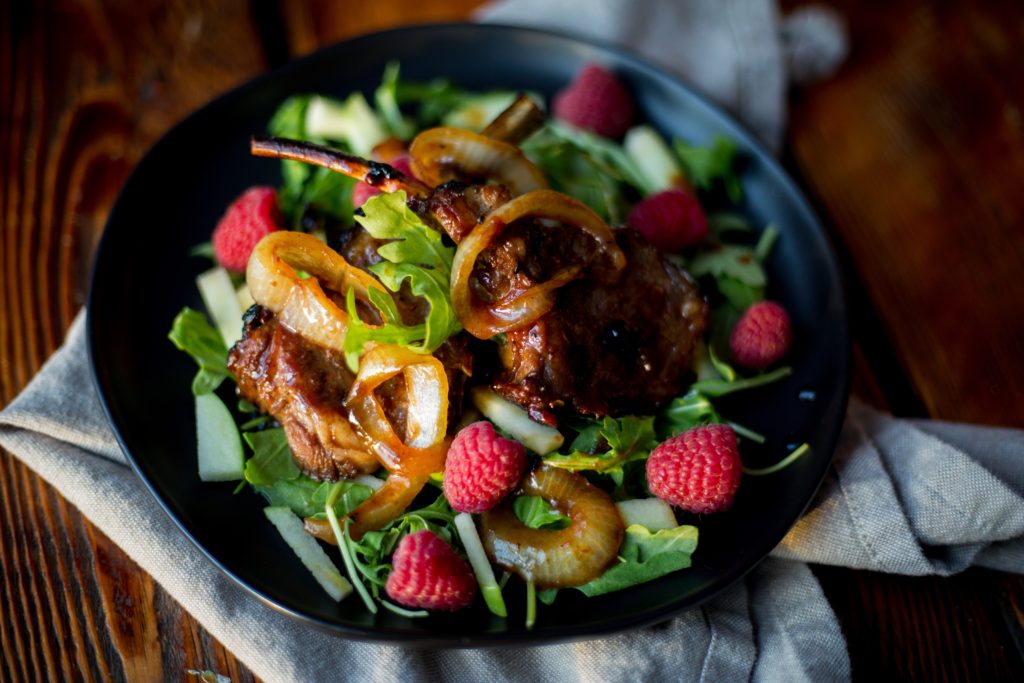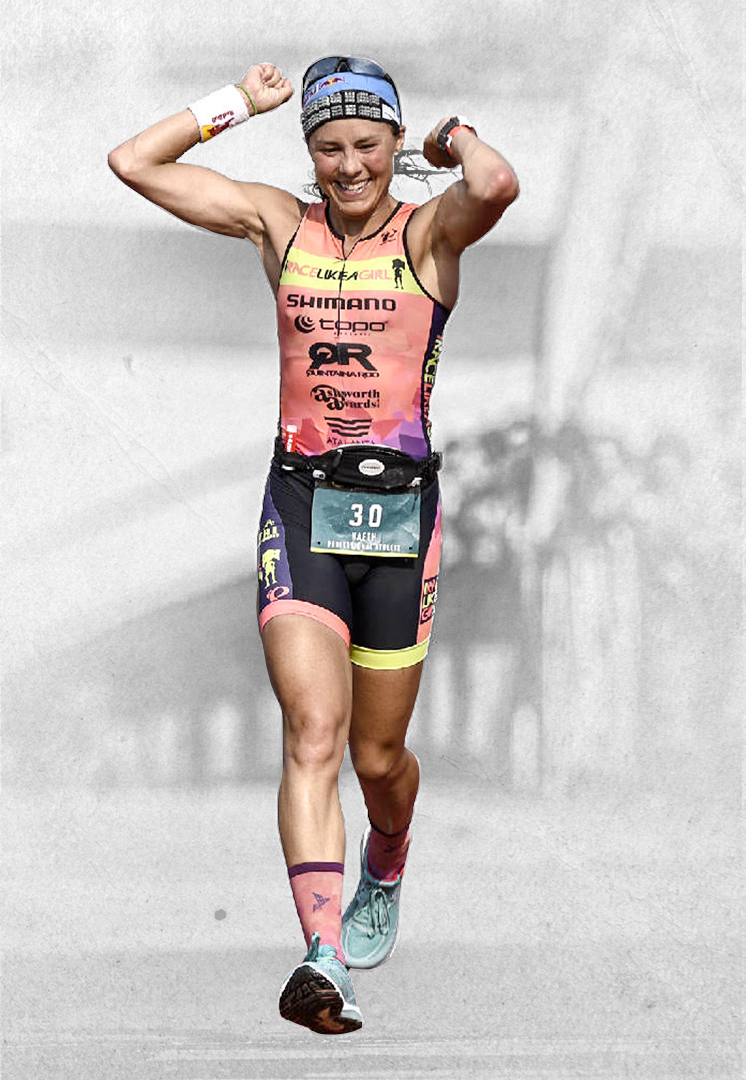Real Talk. Real Life. – Part II

Welcome back to Real Talk. Real Life. If you missed Part I, click HERE, and learn about the female menstrual cycle and how it applies to training. In that article, I discussed the phases of your menstrual cycle and how to use it to your advantage during training. I recommend that you read Part I before continuing onto the rest of this article and how your cycle and nutrition will play a role in your performance on race day.
Real Talk. Real Life. Part II
Nutrition and Your Cycle
Pre-period: (high hormone phase; luteal phase; latter days of days 14-28 in your cycle): Your hormones are somewhat working against you.
- Take in a few extra carbohydrates to help with performance/training.
- Be diligent on your post-workout protein and carbohydrate intake. Recovery drinks are key here.
- Increase your fluid intake. Be diligent in your hydration and sweat loss. Add more sodium and electrolytes/fluids during this phase of your cycle.
- You can pre-load workouts with sodium and other electrolytes.
- Beets and other foods high in arginine can help thin the blood
During Your Period
Increasing your magnesium and iron levels has shown to be helpful. I personally make sure to eat more red meat and leafy greens during this time. Loose bowels (from prostaglandins during this time) is common. Magnesium glycinate is easiest for your body to absorb. Consider taking a supplement during this portion of your cycle.
Race Day
Luckily for us we have 12 months every year to learn how we react to our period (even if it hits you as a surprise every time!). The best time for a great race performance is during the follicular phase (during your period and the days after). Bleeding is not convenient but if I had to choose when to get my period it would be the days leading into race and/or even on race day. Mind you, we don’t have that ability (unless by use of contraceptives – more on that, below), so I try to optimize my body the best I can with nutrition, hydration, and supplements. . If you happen to have your period on race day, my best tip is to be prepared, both mentally and physically. If you have cramps/bloating, consider looking at what helped you in previous cycles to feel better. For me, I usually take some Advil, and I keep some in my special needs bag during long races. I put extra tampons in all of my transition bags for triathlons, as well. It would be helpful to add these same items to drop bags for ultra distance running events. Truth be told, most often, I don’t typically worry. If I bleed, I bleed. It’s a natural female occurrence and I’m more focused on racing, so that’s the least of my concerns. (I know it can be hard to get into this mindset for many, so having extra tampons is a must!).
Pay attention as you get closer to the race how your body responds through your app or in your general training diary. Keeping track can help you understand in advance how you will feel, what you might expect, and then you can make a plan of action when symptoms hit during a race or leading up into one.
To note, I continue to learn new things on how my body responds to the hormonal changes of my cycle every month. and how I can continue to get the most out of myself, my training, and my racing. And yes, my boyfriend has been part of this planning and thought process, too. I have learned to laugh when he asks, “is it almost your period?” and understand, he might just see something I don’t. Communication is key. Trust yourself and trust those close to you. Being female is anything but straightforward!
This is Real Life. Real Talk. for female athletes. Our next, and last, installment of this series will be available in 10 days and I will provide additional information regarding hormones, contraceptives, pregnancy, and menopause.

Angela Naeth’s experience includes being a 3x Ironman Champion, 36+ podium places at the 70.3 distance and 8th at the Ironman World Championships in 2018. Her educational background includes a Master’s degree in Physical Therapy and Bachelor’s in Health Sciences. Angela continues to pursue her career as a professional triathlete, is the founder of an all women’s endurance team and coach’s others to achieve their athletic pursuits. Her passion is to inspire and support Women In Sport.









